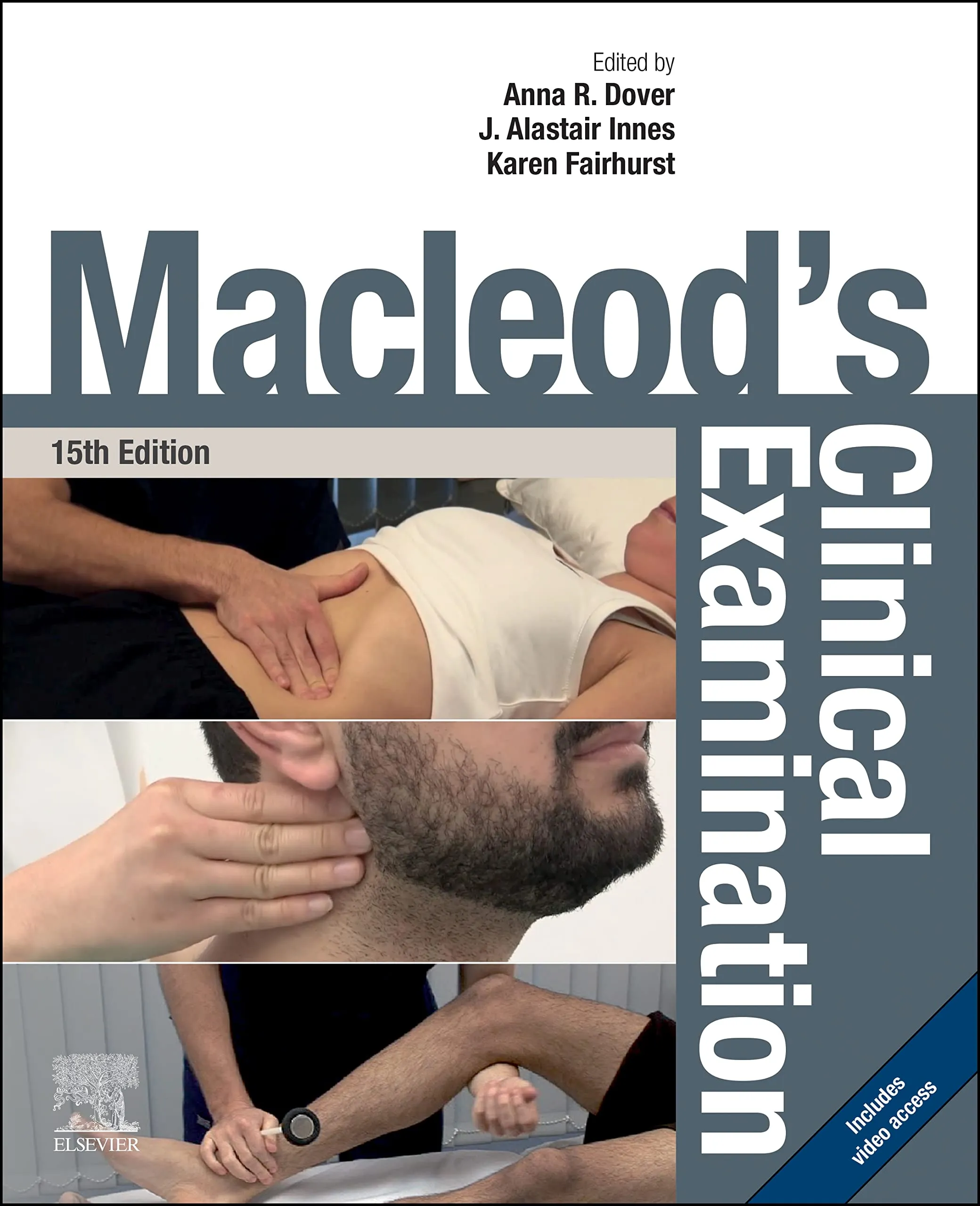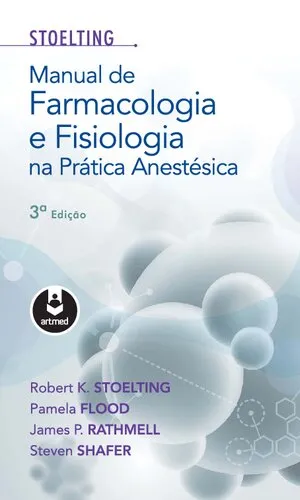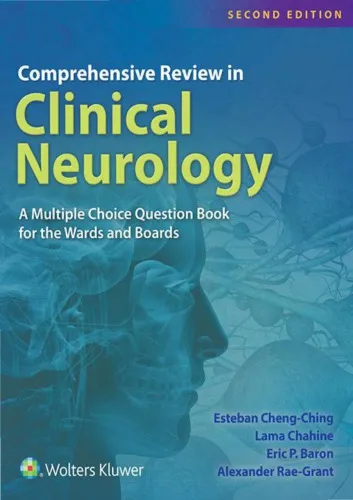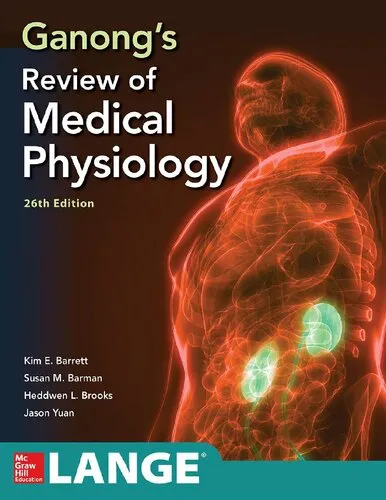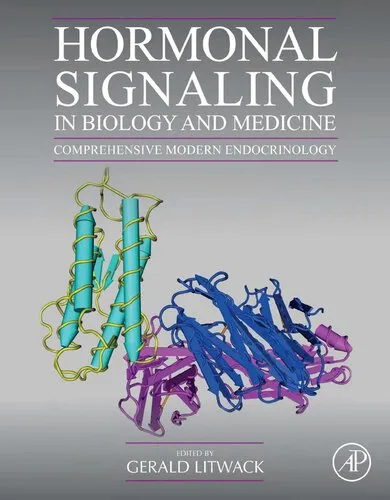The Imperial Laboratory: Experimental Physiology and Clinical Medicine in Post-Crimean Russia (Clio Medica Wellcome Institute Series in the History of Medicine)
5.0
Reviews from our users

You Can Ask your questions from this book's AI after Login
Each download or ask from book AI costs 2 points. To earn more free points, please visit the Points Guide Page and complete some valuable actions.Related Refrences:
Welcome to an engaging journey through the fascinating intersections of scientific innovation and imperial ambitions in 19th-century Russia. "The Imperial Laboratory: Experimental Physiology and Clinical Medicine in Post-Crimean Russia" is a comprehensive exploration of how experimental physiology reshaped clinical medicine during a period of significant transformation in Russian history. This book provides in-depth insights into the historical development of medical practices following the Crimean War, emphasizing the fusion of scientific pursuits with state interests.
Detailed Summary of the Book
"The Imperial Laboratory" meticulously chronicles the emergence and evolution of experimental physiology in Russia’s medical landscape during the 19th century. Amidst the backdrop of political upheaval and social change, the book delves into the transformative period following the Crimean War, where the urgency for medical advancements became apparent. This era marked the dawn of a new scientific methodology, where experimentation and empiricism began to replace antiquated medical practices.
The narrative begins with an analysis of the state of medical sciences in pre-Crimean Russia, painting a picture of a system that was largely traditional and resistant to change. The aftermath of the war served as a catalyst for innovation, prompting an urgent reevaluation of medical practices. The text then intricately details how Russian academia and hospitals began integrating experimental physiology, driven by the needs of modern warfare and supported by state incentives. As labs turned into the epicenters of discovery, a new breed of Russian physicians emerged, confident in applying rigorous scientific methods to medicine.
Furthermore, "The Imperial Laboratory" uncovers the stories of key figures in Russian medicine, whose groundbreaking work laid the foundations for subsequent developments in the field. These pioneers, often working under challenging conditions, contributed to a global understanding of physiology and medicine, with their impacts resonating far beyond the Russian Empire.
Key Takeaways
- Explores the interplay between medical advancements and state interests in post-Crimean Russia.
- Highlights the role of experimental physiology in transforming clinical practices.
- Delves into the biographies of pioneer scientists who shaped Russian medical history.
- Examines the influence of European scientific thought on Russian medicine.
- Provides insights into the sociopolitical factors that influenced scientific progress.
Famous Quotes from the Book
"In the heart of 19th-century Russia, a bold experiment was taking place; science was becoming the sovereign, demanding allegiance from tradition in the quest to conquer and treat affliction."
"The laboratories of St. Petersburg and Moscow were not just sites of research; they were arenas where science and imperial directive entwined to birth a new era of medicine."
Why This Book Matters
This book is a crucial addition to the understanding of medical history and the broader narrative of scientific development within imperial contexts. It uncovers lesser-known facets of Russian history, presenting how medicine became a pivotal area for showcasing national prowess and ambition. The meticulous research and comprehensive perspective make it invaluable not only for historians of medicine but also for anyone interested in the intersections of science, society, and statecraft.
By examining the Russian experience in detail, "The Imperial Laboratory" contributes to a global dialogue on how scientific pursuits are often interwoven with political and social imperatives. It challenges readers to reflect on the enduring legacy of these developments and their implications for current medical practices and policies worldwide.
Dive deep into the era when Russia stood on the brink of scientific revolution, and discover how these historical narratives continue to shape our understanding of medicine and science today.
Free Direct Download
You Can Download this book after Login
Accessing books through legal platforms and public libraries not only supports the rights of authors and publishers but also contributes to the sustainability of reading culture. Before downloading, please take a moment to consider these options.
Find this book on other platforms:
WorldCat helps you find books in libraries worldwide.
See ratings, reviews, and discussions on Goodreads.
Find and buy rare or used books on AbeBooks.
1232
بازدید5.0
امتیاز0
نظر98%
رضایتReviews:
5.0
Based on 0 users review
Questions & Answers
Ask questions about this book or help others by answering
No questions yet. Be the first to ask!
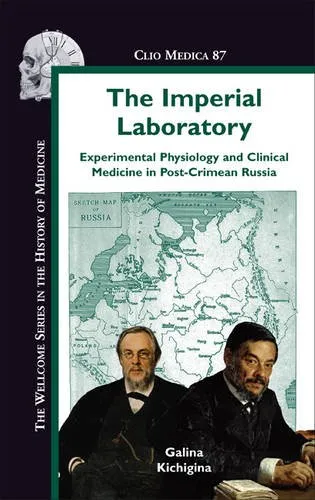

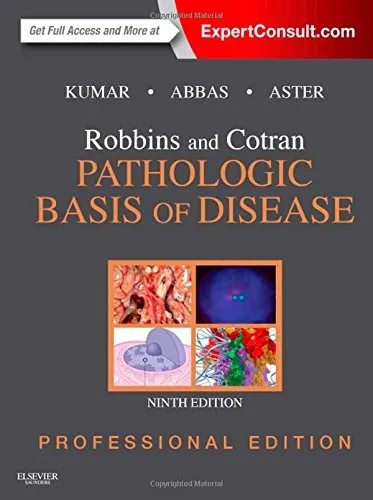
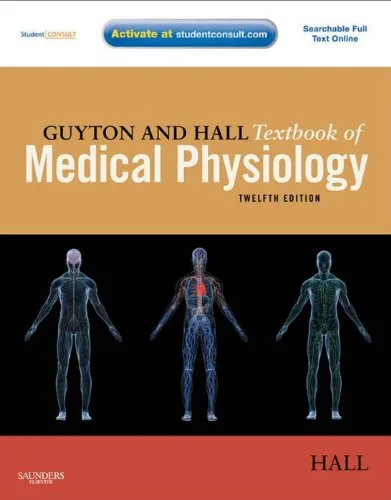

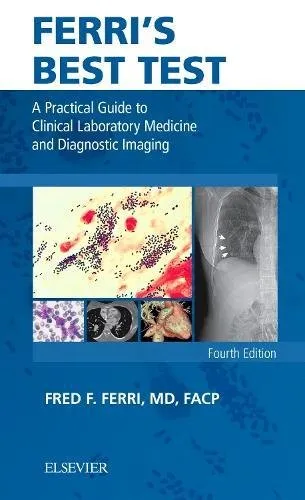

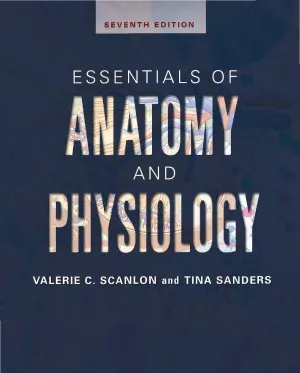
![Essentials of Human Anatomy and Physiology [RENTAL EDITON]](https://s3.refhub.ir/images/thumb/Essentials_of_Human_Anatomy_and_Physiology__R_2981_uBSkHXG.webp)
